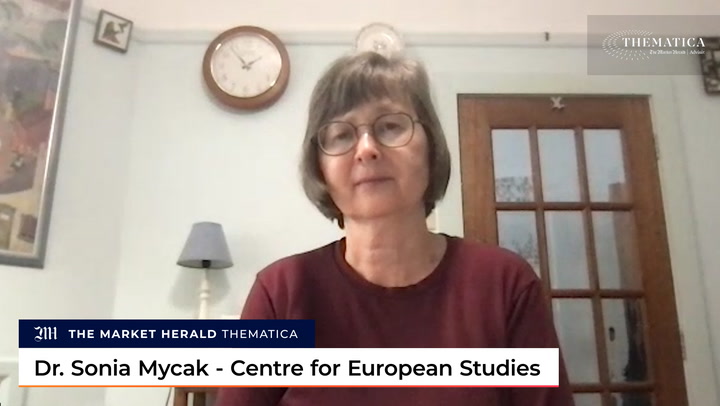- Biotechnology giant AstraZeneca has revealed that its COVID-19 vaccine has been up to 90 per cent effective in late-stage trials
- The most successful method of administering the vaccine consisted of a half-dose injection, followed by a full dose
- Rival drug companies Pfizer and Moderna have also recently announced the high efficacy of their own vaccine candidates
- Australia has a deal to begin manufacturing 30 million doses of the vaccine over the next year, if it gains regulatory approval
- Health Minister Greg Hunt has stated that, pending approval, AstraZeneca’s vaccine could be available to Australians by March 2021
Biotechnology giant AstraZeneca has revealed that its COVID-19 vaccine has been up to 90 per cent effective in late-stage trials.
The company has been developing the potential vaccine with help from researchers at Oxford University. During trials, those researchers have found that the efficacy of the vaccine varies greatly depending on the administering method.
When given two full doses at least one month apart, trial participants demonstrated roughly 62 per cent efficacy. However, when given half a dose, followed by a full dose, about 90 per cent of participants were protected.
This gives the AstraZeneca-Oxford vaccine an average success rate of 70 per cent.
AstraZeneca is now the third major drug company to announce the preliminary results of its COVID-19 vaccine trials. Rival drug companies Pfizer and Moderna recently announced the high efficacy of their own potential vaccines.
Moderna stated that its candidate was approximately 94.5 per cent effective, while Pfizer claimed that its vaccine is 95 per cent effective. Despite having a lower average efficacy rate, the AstraZeneca vaccine candidate has a number of advantages over other contenders.
In particular, the lower half-dose means that more people could be vaccinated more quickly, if it progresses to mass manufacturing. Also, AstraZeneca’s vaccine does not have to be stored at sub-zero temperatures, making it more convenient to store, transport, handle, and distribute.
Australia’s Health Minister, Greg Hunt, said that he was delighted by the results of AstraZeneca’s late-stage trials.
“I have this evening been briefed by the Australian CEO, who has confirmed that AstraZeneca is now looking to proceed with Australian regulatory approval in the coming weeks – if not sooner,” he said.
“Subject to approval, this means that Australians are very much on track for first vaccines in March,” he added.
Australia has a deal to begin manufacturing 30 million doses of the vaccine over the next year. However, this is conditional on the vaccine being approved for use by the Therapeutic Goods Administration.
If this occurs, the vaccine will be manufactured by biopharmaceutical company CSL, in partnership with AstraZeneca.









